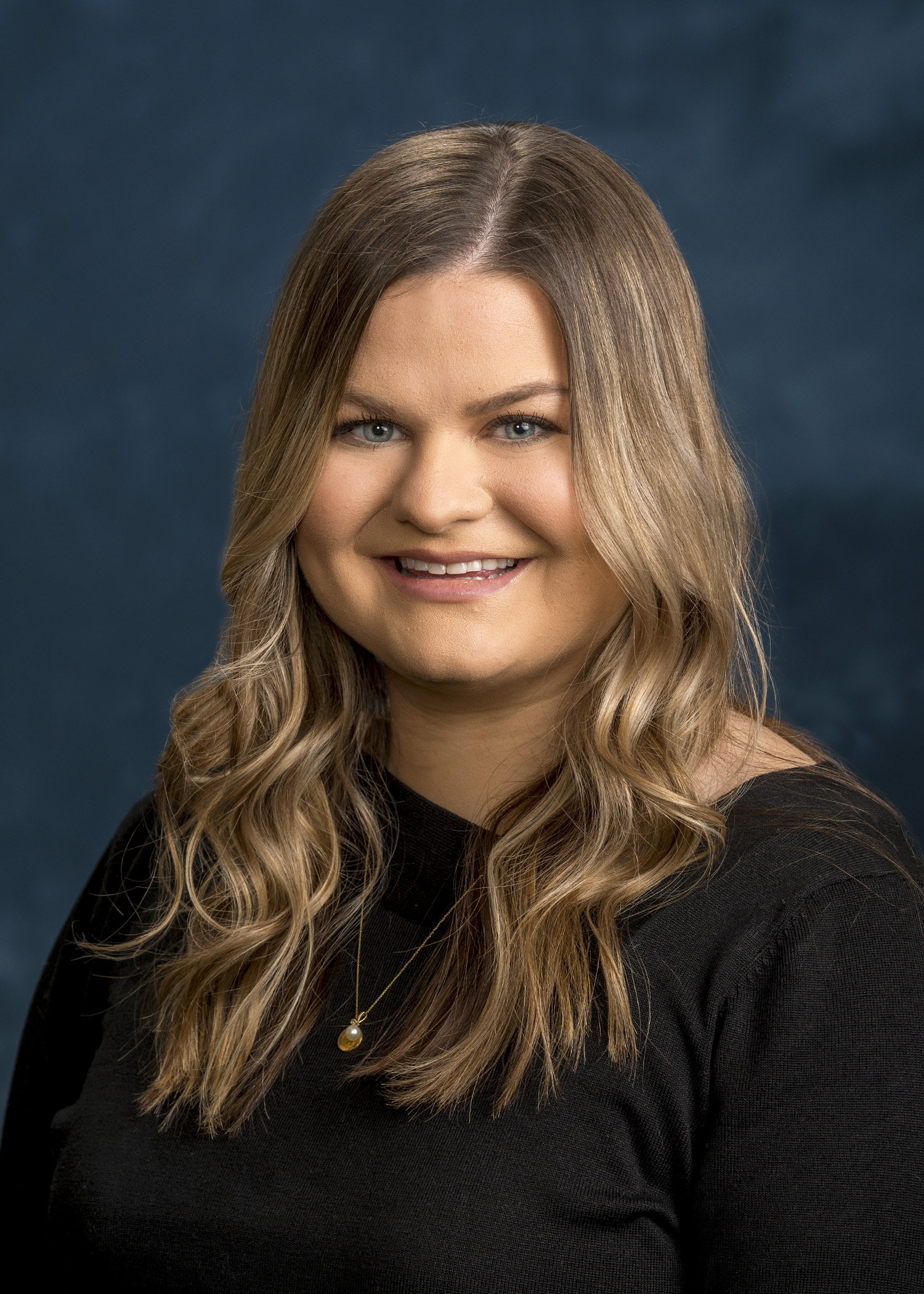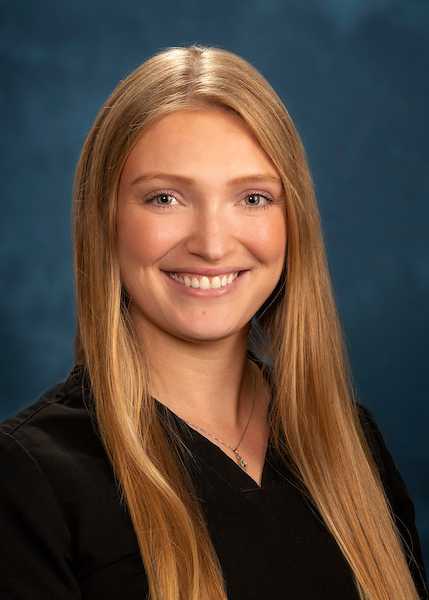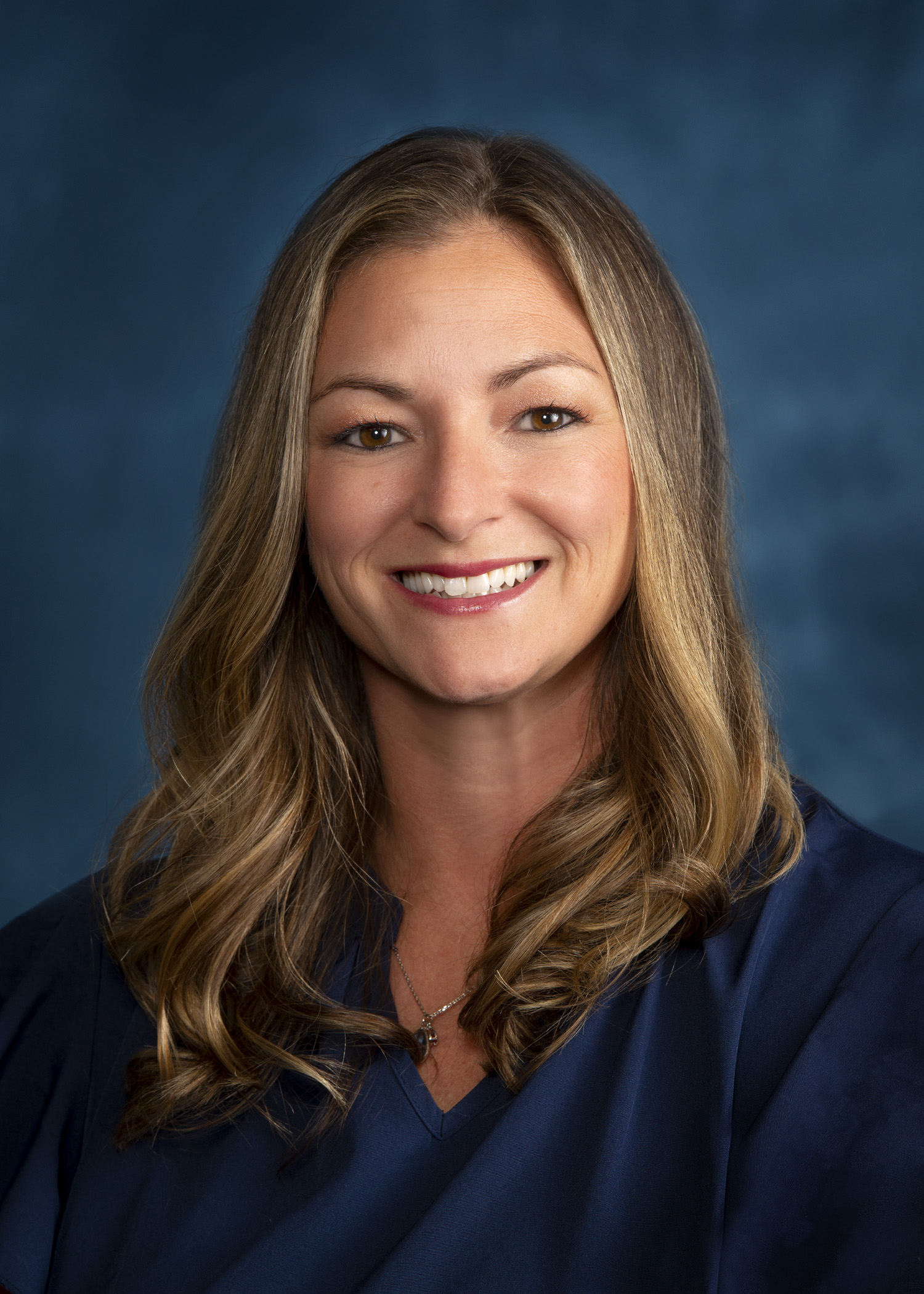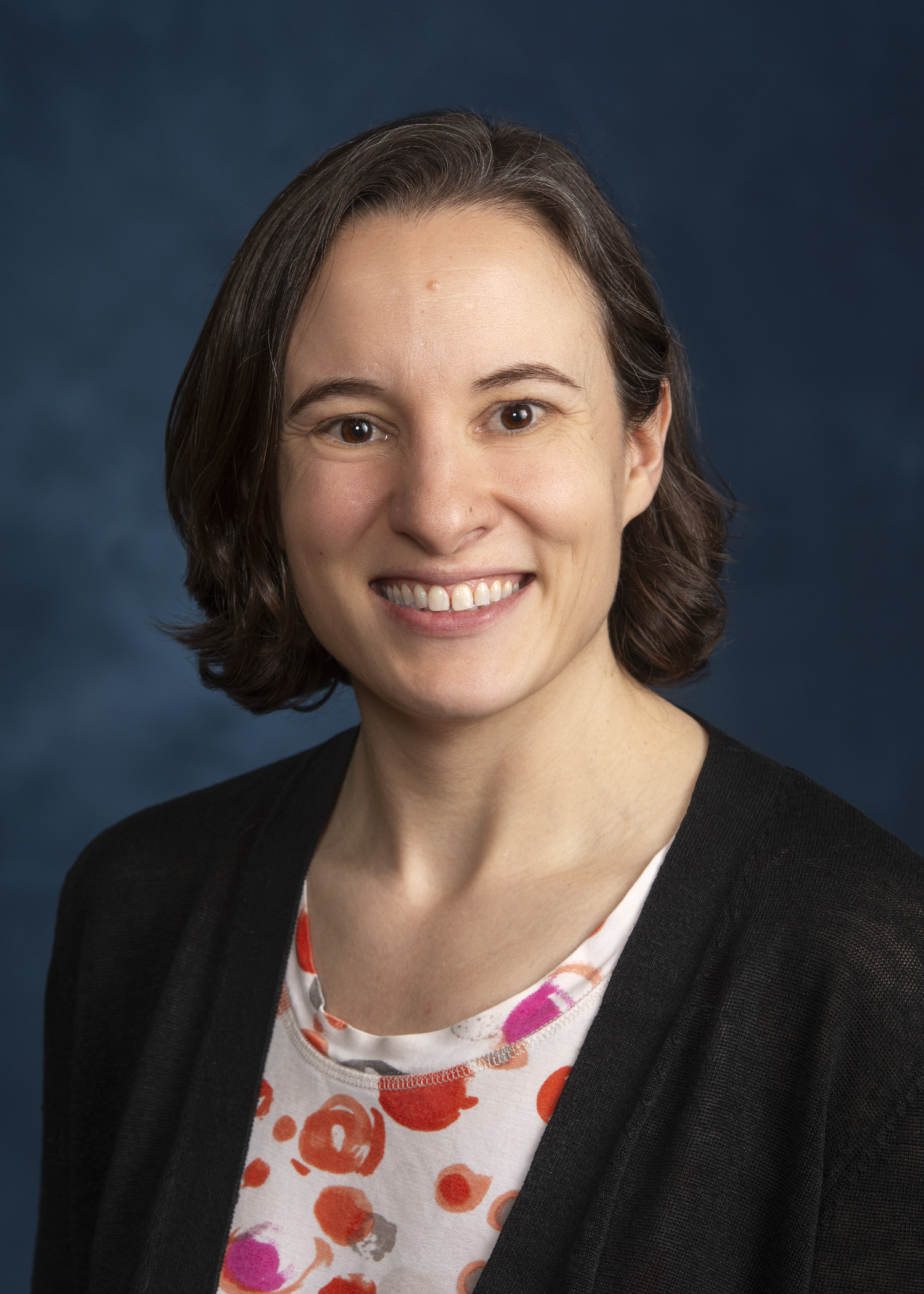
Palliative Medicine
What is Palliative Medicine?
Palliative medicine serves patients and loved ones facing the symptoms and stresses of complex and serious illnesses.
The palliative medicine team will have conversations with you and your loved ones about your health and your values, goals, and options. We will work with you to design a care plan that helps you to maximize the quality of your life.
The palliative medicine team can help you to:
- Understand your options
- Manage your symptoms, including pain, shortness of breath, and fatigue, as well as anxiety and depression
- Address your emotional and spiritual needs
- Develop care plans and advance directives that respect your choices
- Support your family and friends
- Coordinate your care with other providers and services in the hospital and in the community
Who can benefit from palliative medicine services?
Palliative medicine services can help patients of all ages with complex serious, chronic, or terminal illnesses, including:
- Cancer
- Heart disease
- Kidney disease
- Lung disease
- Neurodegenerative diseases, like Alzheimer’s disease, Parkinson’s disease, and other dementias
These services can benefit patients who are experiencing repeated emergency department visits or hospital admissions related to their health conditions.
Palliative medicine services can also support a patient’s loved ones as they navigate a patient’s illnesses.
When do palliative medicine services help?
Palliative medicine services offer a continuum of care and can benefit patients at any stage of a serious illness. Ideally, they are introduced soon after a diagnosis. They can be provided with or without treatments meant to improve health. Palliative medicine services can include hospice care, which supports patients in the last months of life when curative and restorative treatments are no longer appropriate or no longer desired.
Who provides palliative medicine services?
At UHS Hospitals, the inpatient palliative medicine team includes physicians, nurse practitioners, and social workers. The team works closely with other disciplines, including nursing, pharmacy, care management, and spiritual care, to care for patients and their loved ones.
Depending on an individual’s plan of care, the inpatient palliative medicine team may place a referral to an outpatient palliative care program or a hospice program.
Most insurance plans, including Medicaid and Medicare, cover palliative medicine services.
How can someone receive palliative medicine services?
Ask your provider about speaking with the palliative medicine team.
If you have questions, please call the palliative medicine team at 607-763-6982.
UHS News
-
 One local heart patient’s journey to a healthier futureFebruary 23, 2026
One local heart patient’s journey to a healthier futureFebruary 23, 2026Your heart works hard for you every day. From keeping blood flowing to supporting your energy and overall well-being, your heart is truly at the center of your health. That’s why having access to expert cardiac care close to home is so important.
-
 UHS hosts BLI's 2026 Healthcare DayFebruary 20, 2026
UHS hosts BLI's 2026 Healthcare DayFebruary 20, 2026UHS proudly hosted the Broome Leadership Institute’s (BLI) 2026 Healthcare Day on Feb. 19, welcoming the Class of 2026 for a full-day, immersive look into how UHS cares for the community and supports the region’s evolving healthcare needs.
-
 Parking, entrance changes amid renovations at UHS Delaware Valley HospitalFebruary 19, 2026
Parking, entrance changes amid renovations at UHS Delaware Valley HospitalFebruary 19, 2026As work continues on the creation of a state-of-the-art, four-story Medical Neighborhood at UHS Delaware Valley Hospital, the following changes are now in effect regarding parking and how you will enter the hospital.
-
 UHS Launches MyChart “On My Way” for lab appointment online schedulingFebruary 17, 2026
UHS Launches MyChart “On My Way” for lab appointment online schedulingFebruary 17, 2026UHS has introduced a new digital feature designed to make laboratory visits faster, easier, and more convenient for patients. Patients can now use MyChart’s “On My Way” to save your spot in line for a future time that day.







